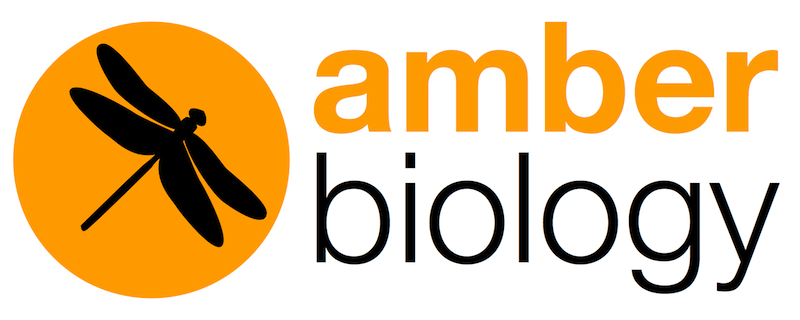EXPERIENTIAL LEARNING WORKSHOPS IN CODING, COMPUTATIONAL BIOLOGY AND BIOINFORMATICS
NOW AVAILABLE IN ONLINE, ON-SITE, AND HOSTED WORKSHOP FORMATS
We believe in the power of experiential learning because a lot of skills are extremely difficult to learn by simply reading a book or watching a video. Learning to write code for example, is like learning to drive a car. It’s something you can only really learn by DOING it.
This is why all of the courses that we offer have a significant “hands-on”, interactive workshop component in which students assimilate what they have learned in the classroom sessions by tackling real-world problems and implementing their own solutions. All of our instructors are experienced practitioners who are using the techniques and approaches being taught to the students, in their own careers. Aided by the supervision and feedback of our experienced instructors, individual and group assignments are undertaken by the students throughout the course. This enables us to rapidly determine which parts of the course each student needs help with, and provide one-on-one remedial assistance. Thanks to the interactive web-learning platform that we use for the online courses, this live, workshop-based learning experience is also available to the students who take our online courses.
Digital Biology is a relatively new and rapidly growing life science field, whose expansion beyond bioinformatics is being driven by the recognition that computational approaches can be an invaluable adjunct to experimental and observational biology. In many life science organizations, both academic and commercial, hand calculators and spreadsheets are still widely used for many of the quantitative aspects of biological research, and the core curriculum of most life science college courses still includes little or no teaching in scientific computing, computational modeling or computer programming. We wrote our book Python for the Life Sciences to address this unmet need, with the aim to give life science researchers with little or no prior coding experience, enough of a foundation in Python to be able to use it in their own research. Our interactive Python courses are also based upon the book.



